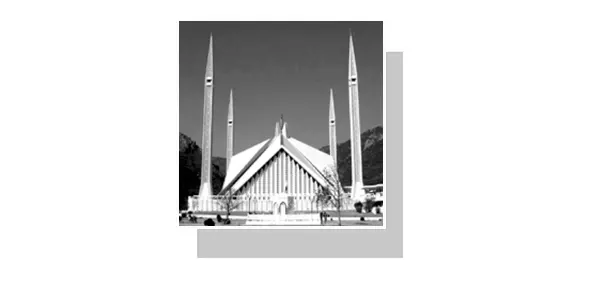ON the night of 21 June 2025, the world witnessed a grim repetition of injustice cloaked in legality: three unprovoked missile strikes by the United States on Iranian military sites, applauded publicly by Israel.
This was no isolated event—it stemmed from a decades-long narrative shaped by Western and Zionist intellectuals, portraying Muslim nations’ defensive capabilities as global threats, thereby undermining their dignity and sovereignty. This piece is not a defence of any one country. It is a call for truth, justice and universal human dignity. It challenges the hypocrisy of global power structures and reminds us that peace without fairness is tyranny in disguise.
Misusing the Quran – A weaponized interpretation: Among the most insidious tools of this geopolitical double standard is the misinterpretation of Islamic texts. One such instance is by legal scholar James J. Busuttil—my teacher and research supervisor during my International Law studies at the International Institute of Social Sciences, The Hague, in 2000—who cited Surah Al-Baqarah (2:191): “And slay them wherever you find them… for oppression is worse than killing.” In his writings, including The Freedom to Do God’s Will (2002), he falsely argued that the verse justifies Muslim violence and that Islamic states with arsenals pose threats to global peace.
This interpretation is false, malicious and misleading. Classical tafsir makes clear the verse was revealed in the context of self-defence when early Muslims faced persecution and expulsion in 7th century Makkah and Madinah. The Quran consistently promotes restraint, compassion and proportionate response. The very next verse (2:192) says: “But if they cease, then Allah is Oft-Forgiving, Most Merciful.” The danger lies not in the verse, but in its selective misreading—criminalizing the oppressed while casting oppressors as “guardians of order.”
Forgotten principles of international law and human rights: The Universal Declaration of Human Rights (1948) affirms in Article 1: “All human beings are born free and equal in dignity and rights,” and in Article 28: “Everyone is entitled to a social and international order in which the rights and freedoms… can be fully realized.” The UN Charter’s Article 51 guarantees “the inherent right of individual or collective self-defence if an armed attack occurs against a Member of the United Nations.” Then why are nuclear powers like Israel and the US permitted to amass weapons, while Muslim countries face sanctions and threats for doing the same?
The death of the united nations? Once envisioned as a forum for peace and equity, the UN now appears defunct—paralyzed by vetoes, silenced by diplomacy and hijacked by powerful states. No resolution, no condemnation, no investigation into the strike on Iran. Yet when a Muslim state speaks of defence, sanctions follow and alarm bells ring. This is the crisis of the post-WWII order: it protects the strong, criminalizes the weak, invokes morality only when convenient and wields human rights as a sword instead of a shield.
Moral responsibility of major powers: The world is not owned by any single bloc or region. Humanity is not divided into those who deserve dignity and those who do not. Major Powers must remember their ethical and legal obligations—not only under law but under conscience. Every nation has the right to defend its people and culture. Peace is not the absence of weapons but the presence of justice. If missiles are launched by self-righteous powers while victims are urged to restrain, then we are institutionalizing war—not advancing peace.
Where are the muslim nations? Regrettably, the Muslim world remains divided and voiceless in global diplomacy. Despite approximately two billion people, 57 states and immense potential, the OIC and other Muslim institutions have failed to offer a united defence or moral counter-narrative. Why? Dependency on Western arms? Fear of isolation? Lack of trust? The result is tragic silence—when truth must roar, it merely whispers.
The road ahead: (i) Justice-based global security: Islamic texts must be interpreted by authentic scholars—not cherry-picked by political analysts. (ii) Defend legitimate defence: Muslim nations must assert their right to defensive strength—not as a threat, but as a necessity for survival. (iii) Revive multilateralism: Either reform the UN to reflect equality among nations or build alternative global forums. (iv) Build strategic alliances: Muslim and marginalized states must cooperate on technological, economic and defence fronts to reduce dependency. (v) Promote shared humanism: Let the Muslim world lead the call for a justice-based peace grounded in truth, mutual respect and interdependence. (vi) Final word – peace is a right, not a privilege: The world cannot sustain peace by silencing the weak and rewarding the powerful. It cannot preach non-violence while engaging in preemptive wars. Nor can it uphold human rights while trampling them under nuclear threats and misused scriptures.
If we envision a future for all humanity—Muslim, Christian, Jewish, secular and others—we must speak, act and legislate with humility, justice and dignity. We must remember this enduring truth: “There is no nobody in this mortal world.”
—The writer is contributing columnist.


















